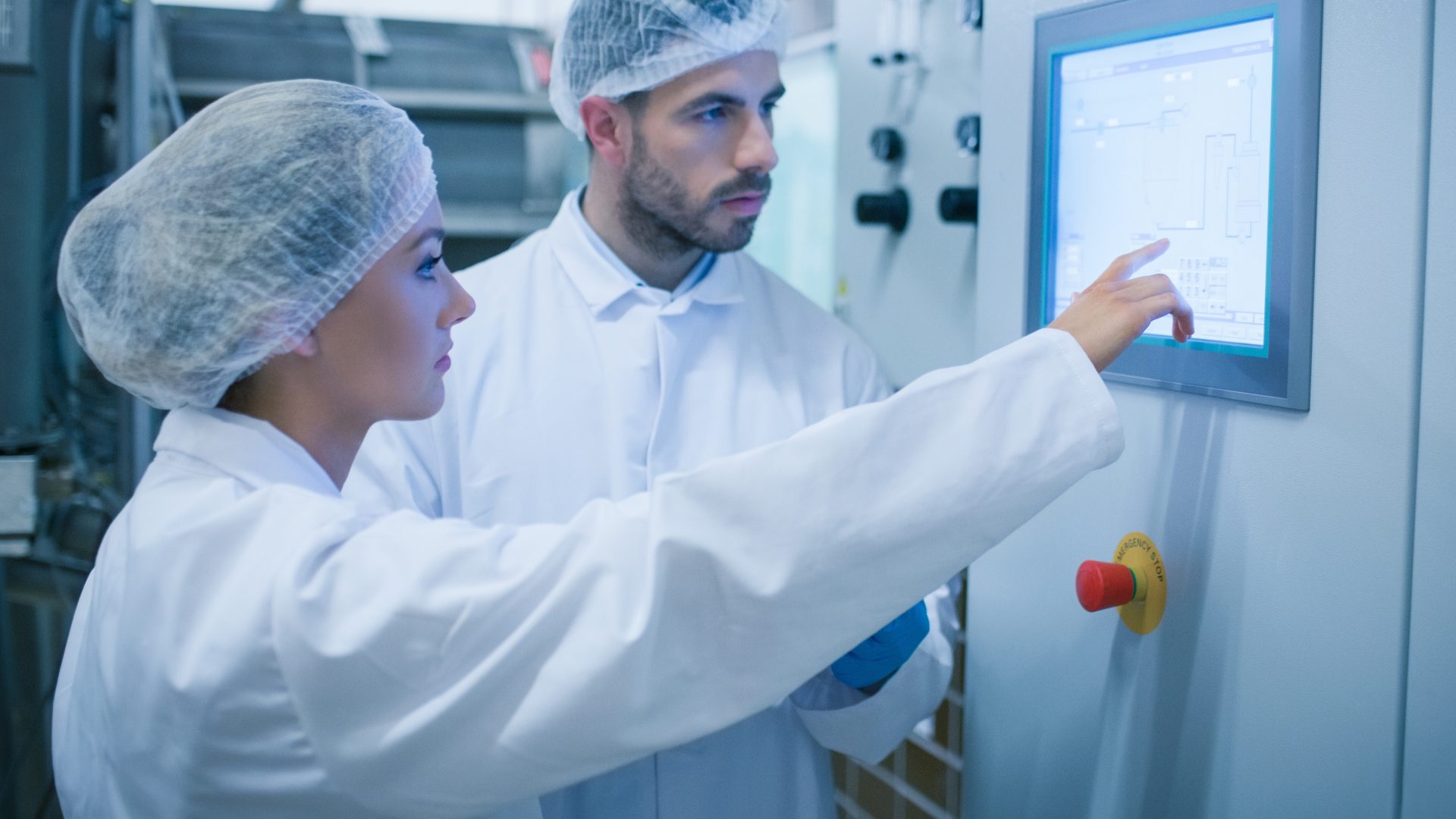By refurbishing five pumps, optimisation experts Riventa have identified annual savings of almost £20,000 for a food processor’s cooling system.
Sending chilled water from heat-exchangers, the pumps (annual energy costs of £181,400) were all found to be showing significant signs of wear, especially pumps 4 & 5; failing to achieve manufacturer performance levels.
With an average load of 45% (equivalent to 2.2 pumps running at any one time), the five pumps had even more demands placed on them during warmer weather, sending their Best Efficiency Point (BEP) even lower.
To evaluate the horizontal end-suction pumps, which are driven by a motor with an inverter drive (to allow control of the flow rate), Riventa utilised its specialist FREEFLOW technology to employ thermodynamic measurement technique (ISO 5198). This included suction and discharge pressures either side of the pump, differential temperature, and motor input power. These measurements enabled Riventa to calculate differential head across the pump, hydraulic efficiency and volumetric flow.
Pumps were altered gradually. After each change, a test point was taken, while allowing enough time to obtain the best statistical average. Tests also involved a routine of testing performance at an incumbent set point, followed by throttling the pump to reduce its flow rate. The latter action allowed other pumps running in parallel to increase in speed to compensate, with a final test point taken at this moment. By throttling, Riventa could carefully observe the maximum possible flow through each pump under test, without altering the overall flow to the plant. Relative to the manufacturer’s typical performance, data showed that the shape of the pump curves indicated severe internal recirculation due to high wear ring clearances.
Steve Barrett, Managing Director of Riventa, commented: “While pumps 1-3 achieved a good relationship between power and flow, pumps 4 & 5 were not performing when at lower flows. This indicated a high likelihood of internal recirculation – from high to low pressure parts of the impeller – being caused by high wear”.
He added: “Our measurements provided the food processor with a very strong case for robust savings: basic refurbishment with internal coating plus replacement of wear-rings, bearings and seals – or a comprehensive refurbishment, which would also include a new, tailored impeller. As energy costs become more of a concern than ever before, food processors can make big savings on equipment such as pumps by having them tested properly. As well as reducing energy bills, companies can maximise reliability and minimise whole life costs”.



